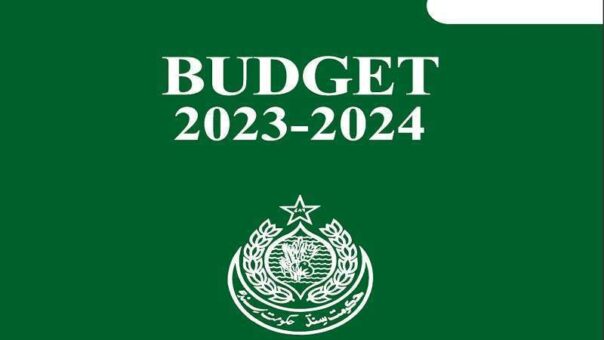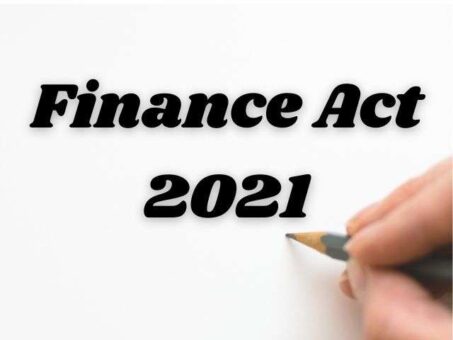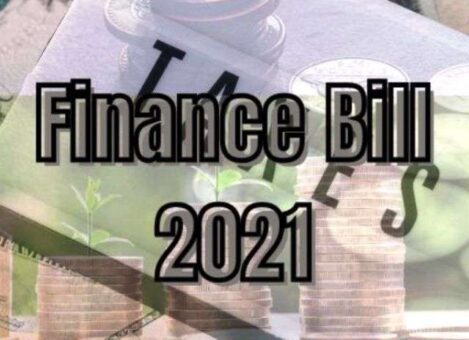In the complex landscape of taxation, comprehending the nuances of income from property is crucial for individuals, businesses, and investors. To provide clarity on this topic, we delve into the intricacies of income taxation under the Income Tax Ordinance, 2001, shedding light on how rental income is taxed in Pakistan.
Taxable Rental Income
Rental income is a significant revenue source for many individuals, and it is vital to understand how it is taxed under the Income Tax Ordinance, 2001. Rental income is categorized as taxable income and must be reported in your annual tax return. The amount of tax you owe is determined by your total income for the year and the applicable tax bracket.
It’s important to note that certain expenses related to your rental property, such as mortgage interest, property taxes, and repairs, can be deducted. These deductions can reduce your taxable rental income and lower your tax liability. However, it is essential to maintain accurate records of these expenses and only claim deductions permitted by the law.
Defining Rent
“Rent” refers to any payment received or receivable by the owner of land or a building for the use, occupation, or the right to use or occupy the property. This definition encompasses any forfeited deposit paid under a contract for the sale of land or a building, but it excludes leases of buildings together with plant and machinery.
Taxable Rent
Rent received or receivable by a person for a tax year, except for rent exempt from tax, falls under the category of “Income from Property” and is subject to taxation.
Taxation of Utilities
If any amount is included in the rent received or receivable for providing amenities, utilities, or other services associated with renting a building, it is taxed as “Income from Other Sources.”
Below Fair Market Value Rent
When the rent received is less than the fair market value (FMV) for the property, the individual is considered to have derived the FMV during the period the property is rented in that tax year. However, this rule does not apply if the fair market rent is included in the lessee’s income, which is chargeable to tax under the “Salary” category.
Source of Rental Income
Income from the lease of immovable property in Pakistan is considered Pakistan source rental income.
Deductions Allowed
Several deductions are allowed from income from property under Section 15A of the Income Tax Ordinance, 2001. These include expenses related to building repairs, insurance premiums, local taxes, ground rent, and more. These deductions can help lower the taxable rental income.
Reversal of Deductions
Any recovery of unpaid rent claimed as a deduction is taxable in the year it is recovered. If the company does not settle the liability within three years, the unpaid amount is subject to immediate taxation.
Non-Adjustable Amounts
Amounts received from tenants that are not adjustable against rent will be evenly taxed over ten years. If advance amounts are returned, they are not taxed in the year of return. When a new tenant replaces the old one and pays an advance, their amount is reduced by the advance repaid to the previous tenant.
Taxation Rates
Income from property is taxed at different rates:
• For Companies: At the corporate rate of tax (currently 29%)
• For Associations of Persons (AOPs) and Non-Salaried Individuals: Rates in clause a, Division I, Part-I
• For Salaried Individuals: Rates in clause b, Division I, Part-I, 1st Schedule
In conclusion, understanding the intricacies of income from property taxation is essential for both taxpayers and tax professionals to navigate the evolving world of taxation in Pakistan effectively. Accurate reporting, adherence to legal deductions, and compliance with the Income Tax Ordinance, 2001, are vital for a hassle-free tax experience.








